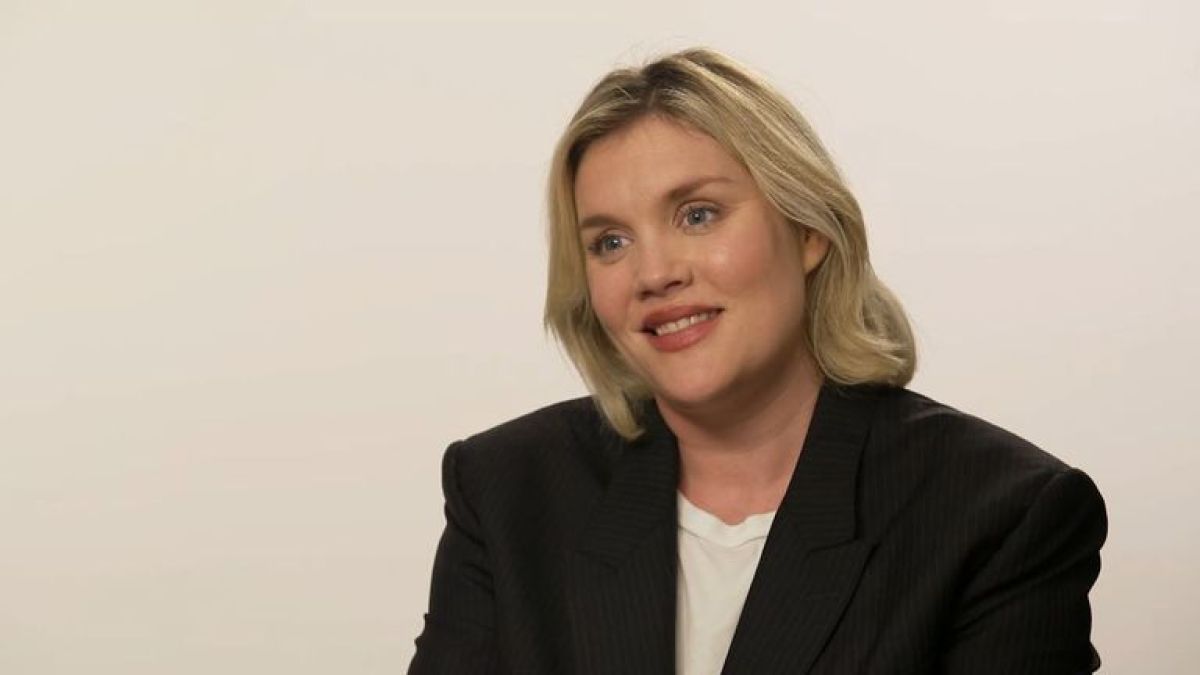“I don’t think any of us are nice”: The selfishness behind our actions
By Thea Morales

In a recent interview with Vanity Fair to promote her new film, Saltburn, director Emerald Fennell argued that: “I don’t think any of us are nice. I just don’t know anyone nice. Not really. Not anyone I know well. I don’t think I’m nice. I think we’re all completely in denial about our characters. I don’t think it would be possible for any of us to describe ourselves accurately in the way that other people see us. So that’s always in the back of my mind when I’m thinking of characters.”
I’m inclined to agree. However, whether I would go so far as to describe others as being in complete denial of their characters is yet to be seen. Semantically, the act of being nice is defined as – thank you Google – giving pleasure or satisfaction; being pleasant or attractive; good-natured. Pragmatically, there is another condition to being a truly nice person: intent. Here, I find an issue with the ability of anyone to be genuinely nice, to be more than a veneer of pleasant.
This is not to say that people in my life don’t do nice things or that I don’t strive to be nice. I would hope that I wouldn’t need to write a whole article to prove I am a decent judge of character, this all instead reading rather like a desperate defence of a clique of not-so-good-natured people. Rather, I question whether it is pure altruistic niceness that is at the core of our nice actions, and if so, I wonder if it is accurate to attach nice as a label to ourselves.
By this, I mean that I am aware of my actions, as I would like to think most people are. I know when something I do is nice, and when it is not so. I relate to Fennell, I wouldn’t think of myself as nice. I’m no puppet string master, plotting how my every action can be contrived to suit me best, but I know that when I clean the kitchen (going so far as to wear down a new dishmatic sponge scrubbing my housemate’s pot that has been “soaking” for a week), I will be met with thanks and praise. I know that when I ask the first question to a guest lecture speaker after a painfully long and silent wait, I run the possibility of others around me noticing that as it is a decent thing to do.
It feels narcissistic to acknowledge the awareness of your niceness, but it would be impossible to not be aware. If I’m able to notice it in others, of course, I will see it in myself.
Whether it be that a nice act stems from a desire to be praised, or a desire to make someone else feel good, there is still a root in selfishness – for lack of a better word. Perhaps it is more accurately described as a self-motivating factor, at the very least, a non-altruistic one. However, you may describe it, though there is nothing wrong with it in my eyes, selfishness in niceness is very much there. When you do something nice, you want to feel good through either your acknowledgement of a good act or through another’s – the warm feeling from knowing that you did good and/or being recognised for it.
I believe that nice acts result not from your every action running through a rather caveman-ish filter of “if nice: must do”, but rather a slightly more convoluted but no less valid, if not so neanderthal: ‘if nice: must do (feels nice/is nice for others, therefore feel good about self)’.
Of course, this whole argument depends on how you value intent and result, after all a nice act is a nice act, surely? I think, this point is surprisingly divisive, with there being some firm believers in the existence of altruistic niceness. Perhaps, I’m cynical, or perhaps after all I do agree with Emerald Fennell, those who disagree are simply in denial!
On a less dismissive and rigid minded note, perhaps out there there is a truly nice person, though I don’t think I can claim to have met them (sorry to anyone I know who may read this – you’re still great!). After all if people can act cruelly out ignorance, why not the opposite?
Nevertheless, there is nothing wrong with being aware of your positive impact, from a young age we learn to pat ourselves on the back. All I’m arguing is that said patting doesn’t stop as you exit the classroom, or now only applies to achievements like 70% in an essay, or making a slightly less than obvious, perhaps even insightful point to your tutor, or even moments of bravery, like breaking an awkward silence in a seminar.







